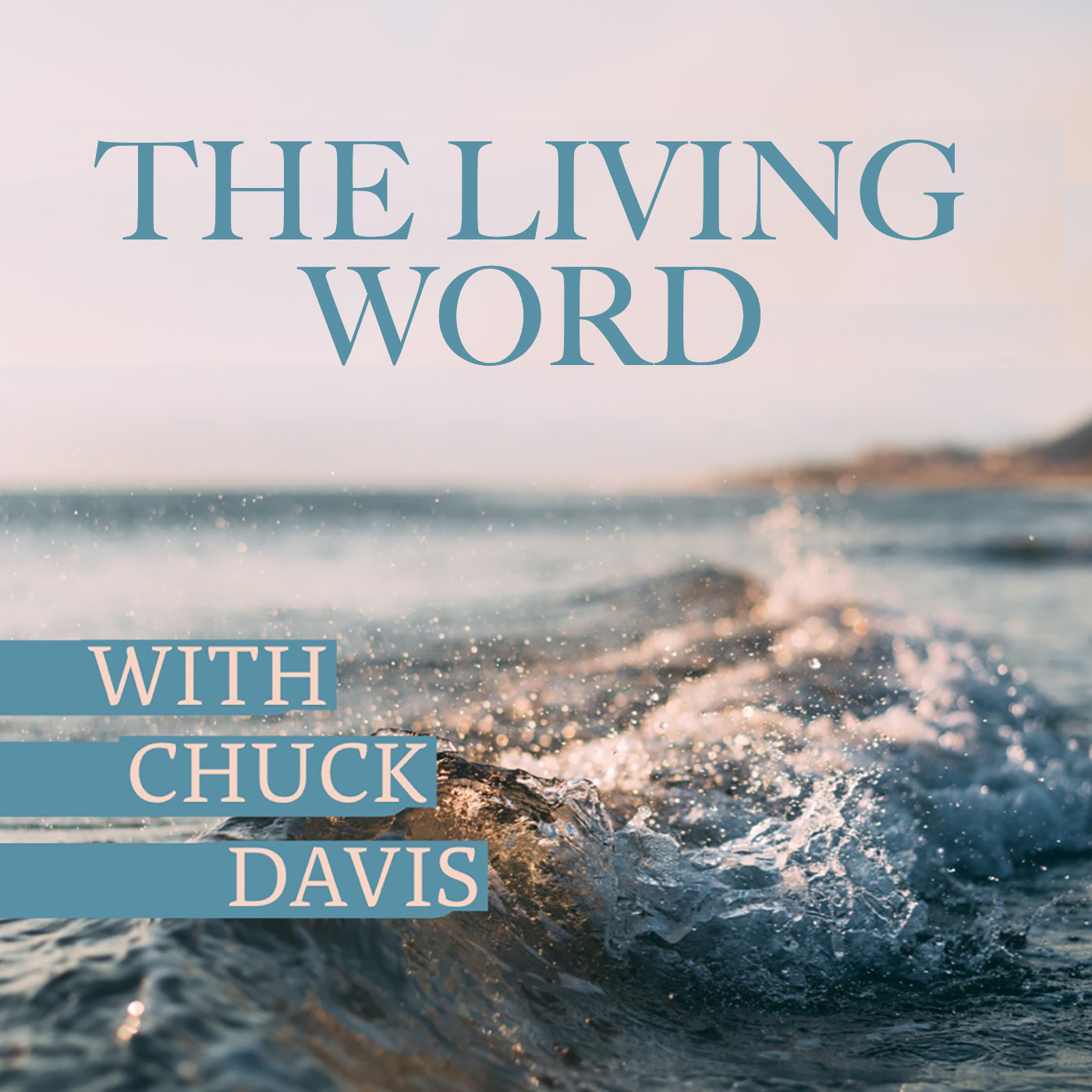Acts 7:1-16 – Stephen: The Patriarchs
The Living Word With Chuck Davis
Acts 7:1-16 – Stephen: The Patriarchs
"Welcome to the Living Word with Chuck Davis" Acts 7, 1-16, Stephen, the patriarchs. And the High Priest said, "Are these things so?" And Stephen said, "Brothers and fathers hear me. We've got a glory of pure to our Father, Abraham, when he was in Mesopotamia before he lived in Huron, and said to him, 'Go out from your land and from your kindred and go into the land that I will show you.' Then he went out from the land of the Chaldeans and lived in Huron. And after his father died, God removed him from there into this land in which you are now living. Yet, he gave him no inheritance in it, not even a foot's length, but promised to give it to him as a possession into his offspring after him, though he had no child. When God spoke to this effect, this offspring would be sojourners in a land belonging to others who would enslave them and inflict them for four hundred years, but I will judge the nation that they serve, said God, and after that they shall come out and worship me in this place. And he gave him the covenant of circumcision, and so Abraham became the father of Isaac and circumcised him on the eighth day, and Isaac became the father of Jacob and Jacob the Twelve Patriarchs. In the patriarchs, jealous of Joseph, sold him into Egypt. But God was with him, and he rescued him out of his afflictions, and gave him favor and wisdom before Pharaoh, King of Egypt, who made him ruler over Egypt and over all his household. Now there came a famine throughout all Egypt and Canaan, and great affliction, and our fathers could find no food, but when Jacob heard that there was grain in Egypt, he sent out our fathers on their first visit, and on the second visit Joseph made himself known to his brothers, and Joseph's family became known to Pharaoh. And Joseph sent and summoned Jacob his father and all his kindred, seventy-five persons and all, and Jacob went down into Egypt and he died. He and our fathers, and they were carried back to Shechem and laid in the tomb that Abraham had bought for a sum of silver from the sons of Hammer in Shechem. We enter into the final main incident in Jerusalem. The scene in Jerusalem will appear a couple other times through missionary relation, but after Stephen, this story is about to go global, at least to Judea, Samaria, and to the ends of the earth as they understood it in that day. This is the longest speech it acts. It's a recounting of the history of God working in his people. It's interesting, because the real message, the word, is Jesus, but even Jesus with the men on Emmaus Road saw himself as the culmination of the law and the prophets. Stephen's not in a hurry, there's a slow building of his case. This is the densest web of Old Testament history that we have in the New Testament. He begins with the father of faith, Abraham, the tribal patriarch, and the covenant of circumcision. The Greek itself is revealing, Abraham never appears as explicit subject in these texts, but God ten different times is the one who's the initiator. Abraham does not get any inheritance, it's his descendants who are going to get it, and his sordid family of Isaac, Jacob, and the twelve, and even Joseph, becomes very significant in the story. The so-what of this passage is a reminder that God is the primary storyteller in history. The now-what is to trust him. This morning, a friend sent me a surrender novina, which said, "Surrender to me does not mean to fret, to be upset or to lose hope, nor does it mean offering to me a worried prayer, asking me to follow you and change your worry into prayer." I love this. It's an absolute trust in God. One of the ways that Inger and I often say it is no fear-filled prayers, only faith-filled prayers. In this beginning critique of the history of Israel, what Stephen is going to get to is the rebellion of how the leaders have rejected those who God has sent, both Moses and Abraham, so not initially stated here and the prophets in their long history. But he's going to say that God is always telling a better story. He is the one worth listening to in the unfolding of that story. So Lord today, we give ourselves to you, knowing that you are telling a better story. We pray that your life would flow, and that we would cooperate with your kingdom movements in our place. We pray this in Jesus' name, amen.
